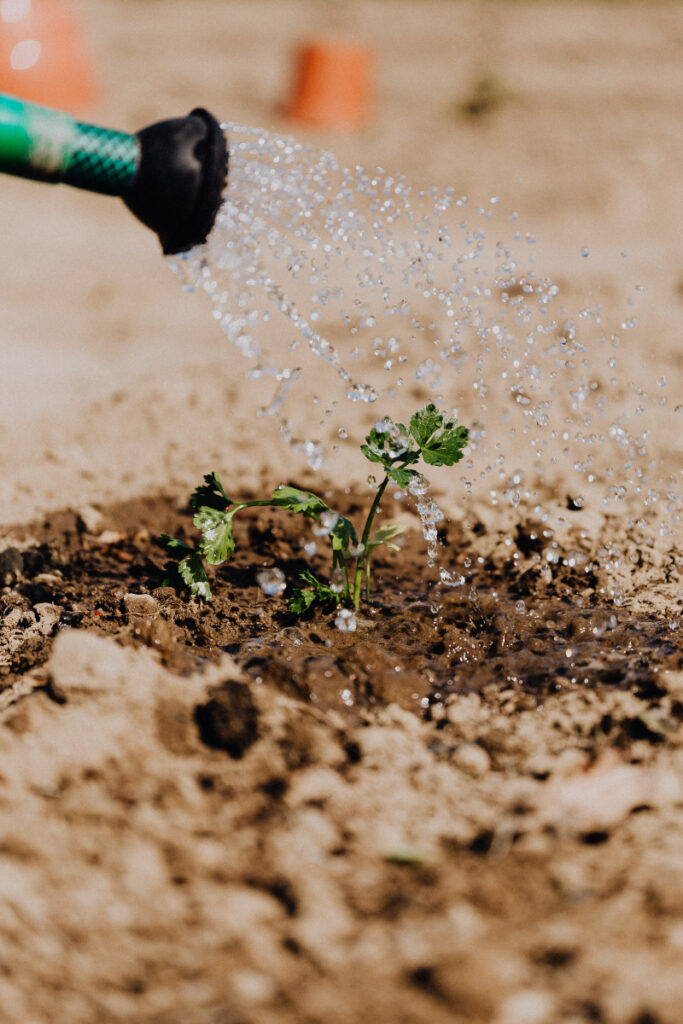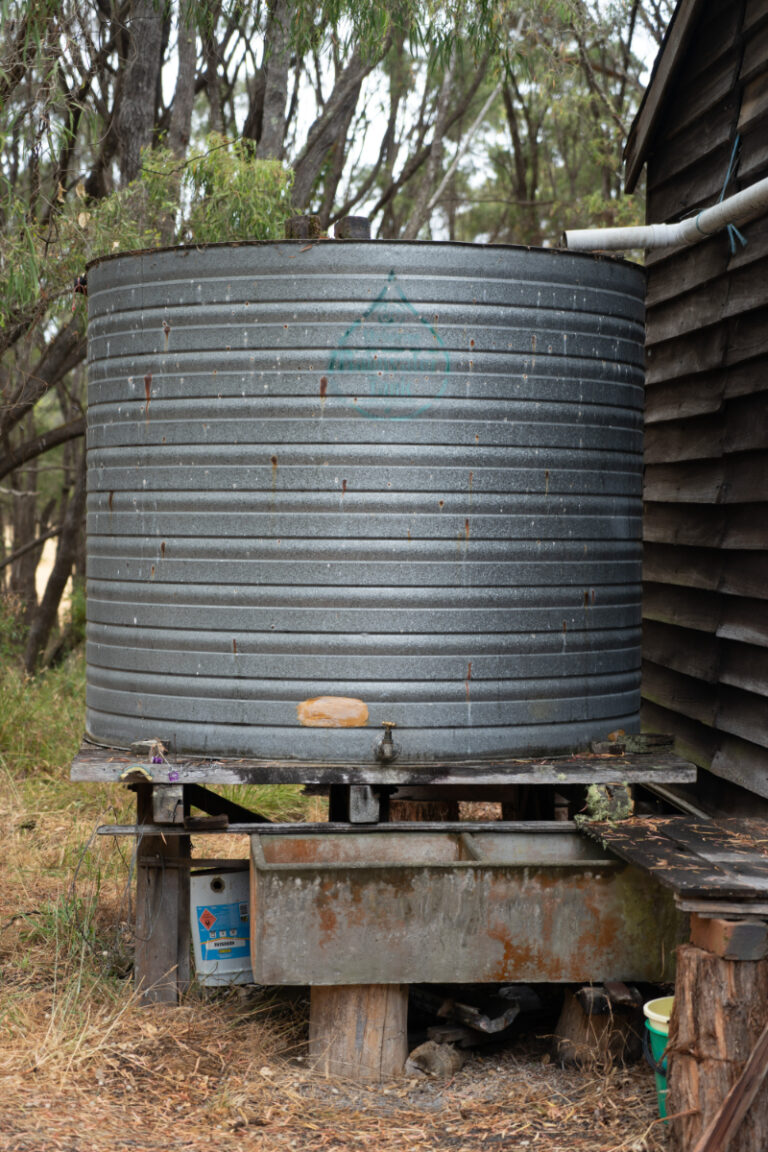The Benefits of a Greywater System for Sustainable Living
Greywater systems are becoming increasingly popular due to their ability to conserve water and reduce environmental impact.
In this article, we will explore the various benefits of adopting a greywater system for sustainable living.
The Benefits of a Greywater System for Sustainable Living
These systems allow households to reuse wastewater from the shower, bath, sink, and washing machine for outdoor irrigation purposes. Greywater systems have been around for some time now, and their development and usage have evolved over the years.

Cost-Effective Solution
One of the primary benefits of implementing a greywater system is the cost savings it provides. By reusing wastewater for non-potable purposes, such as landscape irrigation, households can significantly reduce their freshwater consumption.
By reducing the demand for freshwater, greywater systems also help households lower their overall expenses. For instance, using greywater in the garden can save money on garden maintenance, as there is no need to purchase additional water for this purpose.
All these can result in lower water bills, which can be especially beneficial in areas with high water costs or during periods of drought.
Aside from the direct savings on water bills, greywater systems can also contribute to long-term savings by extending the life of septic systems and reducing the strain on municipal sewer systems.
These factors can lead to lower maintenance and repair costs for homeowners and contribute to more sustainable communities overall.
In short, adopting a greywater system is a cost-effective solution that can help households save money on water bills, lower overall expenses, and contribute to the long-term sustainability of their community.
Environmental Impact
Greywater systems offer several environmental benefits, making them an attractive option for reducing their ecological footprint. Some of the key environmental advantages of using a greywater system include:
Conserving freshwater resources
By reusing wastewater for irrigation purposes, households can decrease their consumption of fresh water.
This is particularly important in areas with limited water resources or during times of drought, as it helps to preserve precious water supplies.
Reducing wastewater discharge into the environment
Greywater systems help to lessen the amount of wastewater that is sent to treatment plants or directly discharged into the environment. This can decrease the pollution load on rivers, lakes, and oceans, which in turn helps to protect aquatic ecosystems and maintain water quality.
Reduction in greenhouse gas emissions
Wastewater treatment plants are known to emit greenhouse gases during the treatment process. By reducing the volume of wastewater that needs to be treated, greywater systems can contribute to a decrease in greenhouse gas emissions.
Additionally, using greywater for irrigation can reduce the energy needed to pump fresh water from its source, further lowering the carbon footprint of a household.
Promoting sustainable landscaping
Greywater irrigation can encourage the use of native and drought-tolerant plants in landscaping, which require less water and maintenance. This can lead to a more sustainable and eco-friendly garden.
Health Benefits
While greywater systems primarily focus on cost savings and environmental benefits, they also offer health advantages. Here are a few ways in which greywater systems can contribute to better health:
Reducing exposure to harmful chemicals
Greywater used for irrigation can help reduce the need for chemical fertilizers and pesticides in your garden.
By using nutrient-rich greywater, you can maintain healthy plant growth without relying on potentially harmful chemicals. This can lead to a safer environment for your family and pets and beneficial insects and other wildlife.
Promoting plant growth
Plants play a crucial role in improving air quality by absorbing carbon dioxide and releasing oxygen.
A well-maintained garden with thriving plants can contribute to better air quality around your home, which may improve occupants’ respiratory health.
Encouraging outdoor activity
Having a lush and thriving garden, maintained with the help of greywater, can encourage more outdoor activities such as gardening, playing, and relaxing.
Spending time outdoors and engaging in physical activities is known to have numerous health benefits, including reduced stress levels, improved mood, and increased physical fitness.
Supporting local ecosystems
By using greywater to irrigate native and drought-tolerant plants, you can create a more sustainable landscape that supports local ecosystems.
This can benefit your health by providing pollinators and other beneficial insects habitat, promoting biodiversity, and contributing to a balanced ecosystem.
Legal Considerations
Before installing a greywater system, you must know the legal considerations and requirements that may apply in your area.
Laws and regulations surrounding greywater use can vary significantly between countries, states, and even municipalities. Here are some general legal aspects to keep in mind:
Greywater usage regulations
Some jurisdictions have specific regulations governing the use of greywater, such as restrictions on where it can be used, how it must be treated, and whether it can be stored.
Researching and adhering to these regulations is crucial to ensure compliance and avoid potential penalties.
Permitting and installation requirements
In many areas, you may need to obtain a permit before installing a greywater system. This process may involve submitting plans for the design, completing inspections, and meeting specific installation requirements.
Be sure to familiarize yourself with the permitting process and any associated fees in your area.
Plumbing and building codes
Greywater systems must comply with local plumbing and building codes, which can dictate specific requirements for components such as pipes, valves, and backflow prevention devices.
Consult with a professional plumber or contractor who is familiar with these codes to ensure your system meets all necessary standards.
Maintenance and monitoring
Some jurisdictions may require regular maintenance and monitoring of greywater systems to ensure their safe operation. This could involve periodic inspections, water quality testing, or reporting to local authorities.
Neighbors and community considerations
While not necessarily a legal issue, it’s essential to consider how your greywater system may impact your neighbors and the broader community.
Respect property lines and ensure your system does not cause any issues, such as unpleasant odors or runoff onto neighboring properties.
Maintenance and Upkeep
Maintaining and caring for your greywater system is essential to ensure its longevity and optimal performance. Here are some simple maintenance procedures and tips to keep in mind:
Simple maintenance procedures:
- Regularly clean the inlet screens and filters to prevent clogs and blockages.
- Use biodegradable soaps and cleaning products to minimize the buildup of salts and other harmful chemicals in the system.
- Inspect the system periodically for any leaks or damages and repair them immediately to avoid major problems in the future.
- Properly dispose of any hazardous waste or chemicals that may harm the system.
Tips for ensuring the longevity of the system:
- Don’t overload the system with too much greywater. Only divert water that doesn’t contain fecal matter or hazardous chemicals.
- Install a surge tank to prevent overflows and protect the system from sudden water surges.
- Direct excess runoff away from the system to avoid over-saturation of the drain field.
- Follow the manufacturer’s recommended maintenance schedule and procedures.
- Consider hiring a professional to inspect the system periodically to ensure it functions as intended.
Conclusion
Simple maintenance procedures such as regularly cleaning the inlet screens and filters, using biodegradable soaps and cleaning products, and inspecting the system for any leaks or damages can help prevent problems in the future.
Taking care of your greywater system is not only beneficial for the environment but also for your wallet in the long run.






